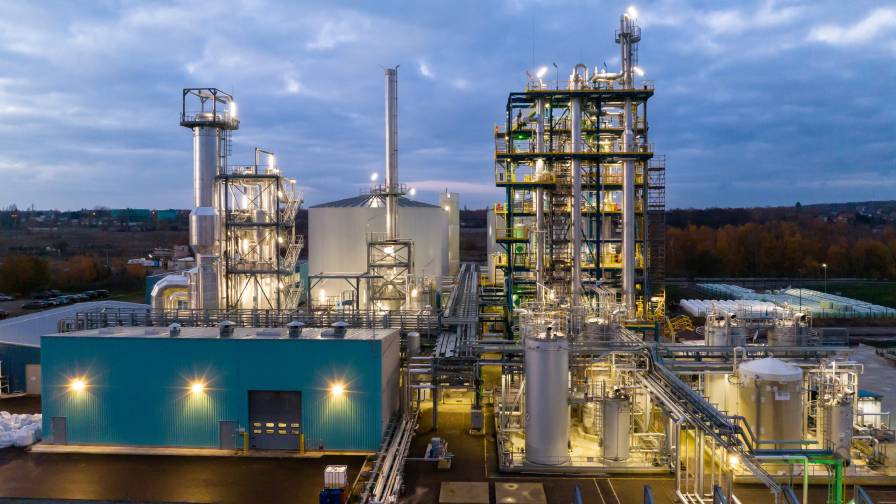Global Demand for Agricultural Pesticides to Approach $59 Billion in 2016
Growth in global formulated pesticide demand will return to more sustainable levels following strong gains from 2006 to 2011, with sales forecast to reach $59 billion in 2016, according to World Agricultural Pesticides, a new study from The Freedonia Group.
The world agricultural pesticide industry has been transformed by several years of robust growth coupled with new environmental regulations and changing crop mix trends. Increased farming of biofuel crops and the use of genetically modified (GM) seeds caused pesticide sales in Argentina and Brazil to more than double between 2006 and 2011, with Brazil surpassing the U.S. to become the largest market in the world.
China became the fourth largest national market (and will surpass Japan to become the third largest by 2016) as rising pesticide production in the country improved domestic pesticide availability and facilitated sharply increasing utilization rates. Developed countries, especially in Western Europe, have seen significant shifts in product mix due to the advent of more stringent regulations.
The fastest growth in pesticide demand is expected in developing countries in Eastern Europe, South America, and Asia. Growing production of rapeseed and cereal crops, along with improved farming techniques, will drive demand in Eastern Europe. Ukraine and Russia will offer strong growth potential due to their low utilization rates compared to other European countries. In contrast, demand growth in Western Europe, Japan, and South Korea will be weak, hindered by market maturity and already high use rates. A shift in product mix and the use of integrated pest management (IPM) techniques will restrain growth in Western Europe.
Herbicide resistance continues to be an issue and is driving demand for new formulations with multiple active ingredients, which will command higher prices going forward. While insecticide demand will benefit from the adoption of higher-priced, safer products, growth will be restrained by environmental concerns, the use of IPM techniques, and the popularity of insect-resistant crop varieties. Fungicide demand will be affected by two trends in product mixes: the switch to synthetic fungicides over commodities in developing regions; and the need for more sophisticated, effective products in developed nations.
A copy of the study is available for purchase from The Freedonia Group at www.freedoniagroup.com.
Source: The Freedonia Group, Edited by FCI Staff





